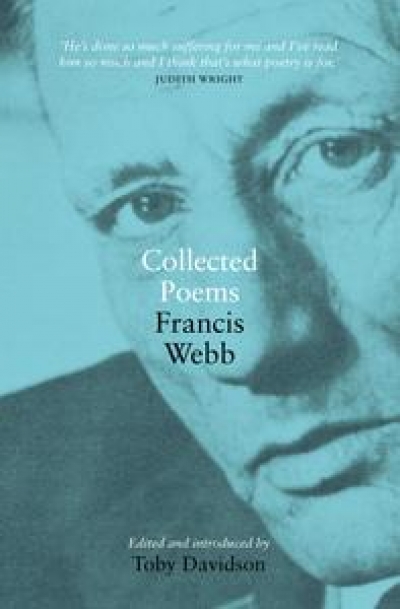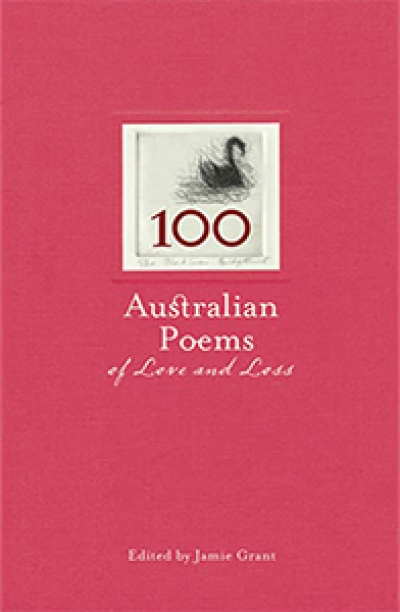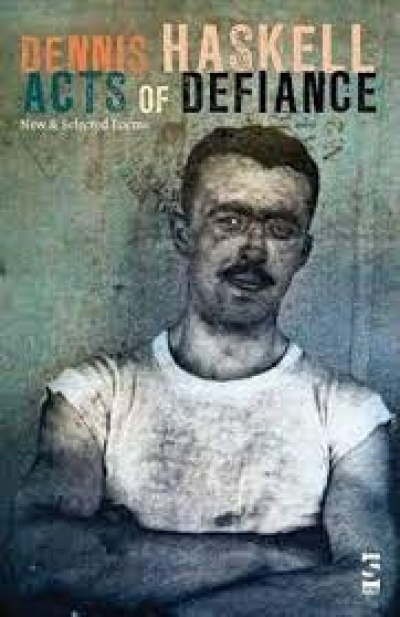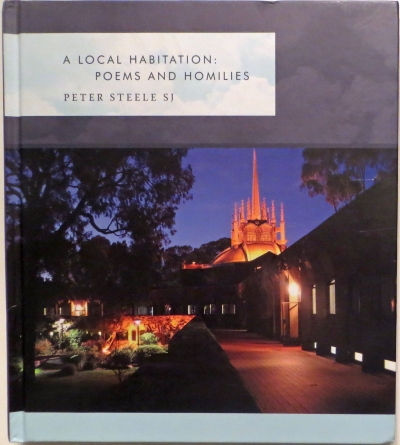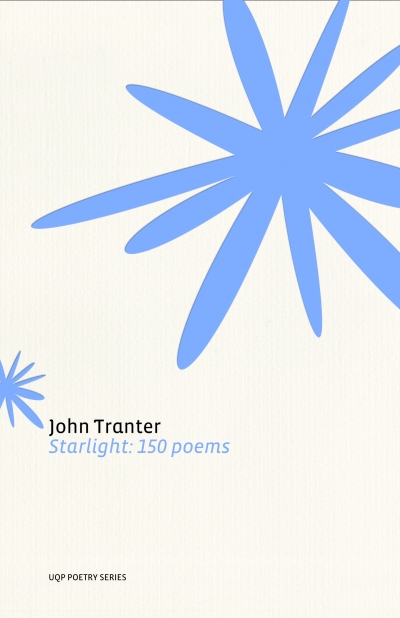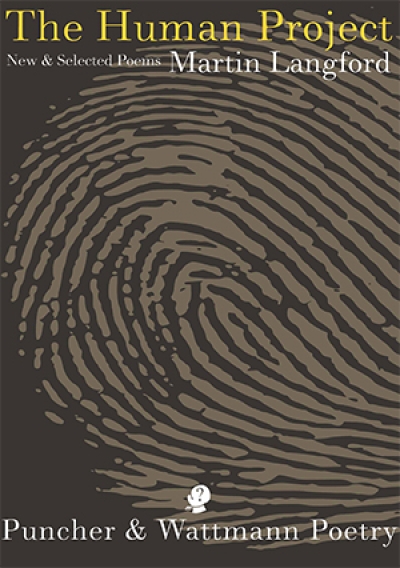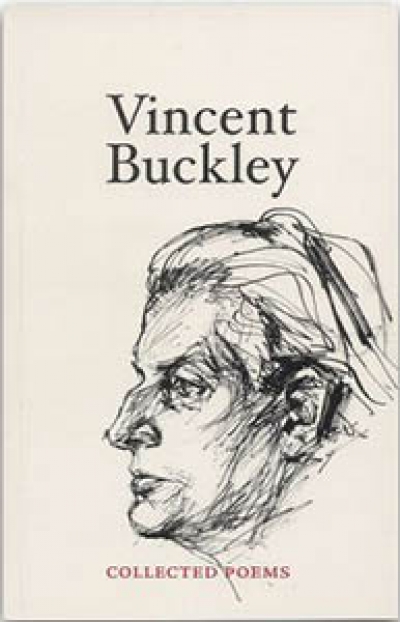Australian Poetry
A Cool and Shaded Heart by Noel Rowe & Ethical Investigations by Noel Rowe
by David McCooey •
A Local Habitation: Poems and Homilies by Peter Steele, edited by Sean Burke
by Philip Harvey •
Starlight: 150 Poems by John Tranter & The Salt Companion to John Tranter edited by edited by Rod Mengham
by Gig Ryan •
Vincent Buckley edited by Chris Wallace-Crabbe & Journey Without Arrival by John McLaren
by Gregory Kratzmann •

